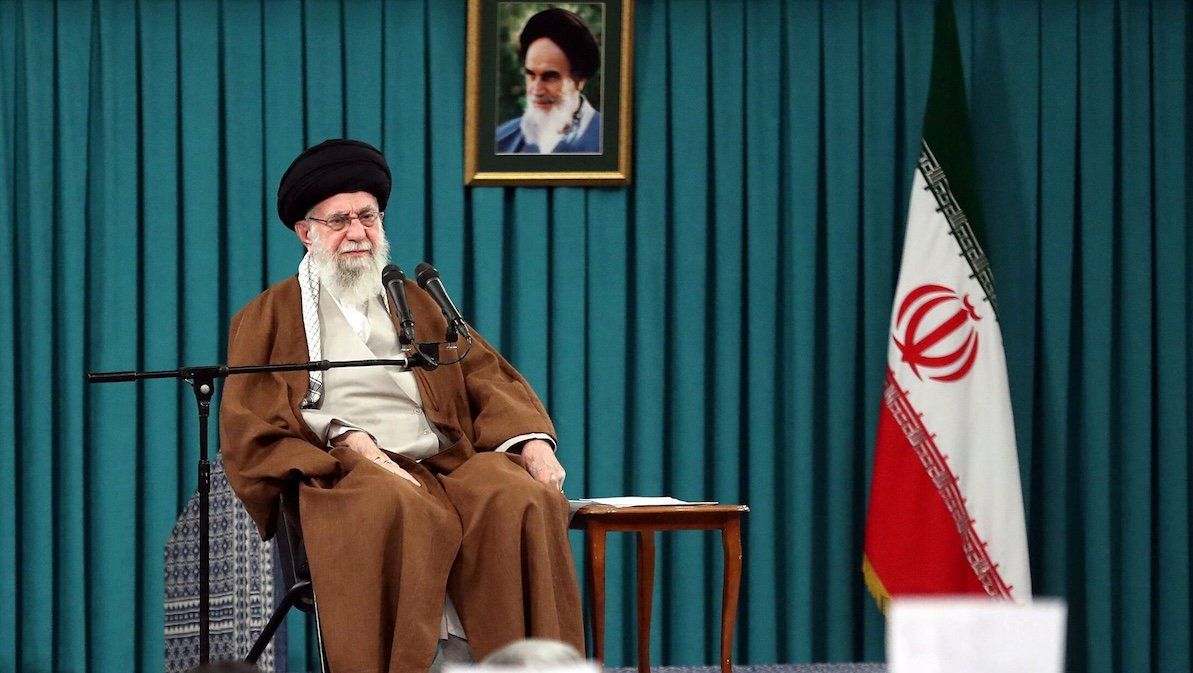While Iranian President Ebrahim Raisi’s death may not have much immediate impact on Iran’s foreign policy – Supreme Leader Ali Khamenei runs that business himself – it could shake things up for a more fundamental question: Who’s going to run the place after the 85-year-old Khamenei dies?
Some background: The Supreme Leader is chosen by an opaque council of high-ranking clerics. While the president, elected in a heavily managed popular vote, doesn’t have direct say, the presidency is still a powerful and public platform.
Raisi, an arch-conservative ally of Khamenei’s, was installed to sideline reformist figures who, in recent years, have gained popularity as the Iranian revolution struggles to find new sources of legitimacy after 45 years in power. Raisi himself was even considered a possible successor to the Big Man.
“With Raisi gone, the hardliners lose one of their key assets,” says Eurasia Group’s top Iran analyst,
Gregory Brew. “That creates more uncertainty about the regime’s ability to smoothly manage the transition amid broad public discontent, an anemic economy, and a burgeoning regional crisis.”
The first signs of how Khamenei plans to deal with this will come soon – a new presidential election must be rigg-, er, held within 50 days.
